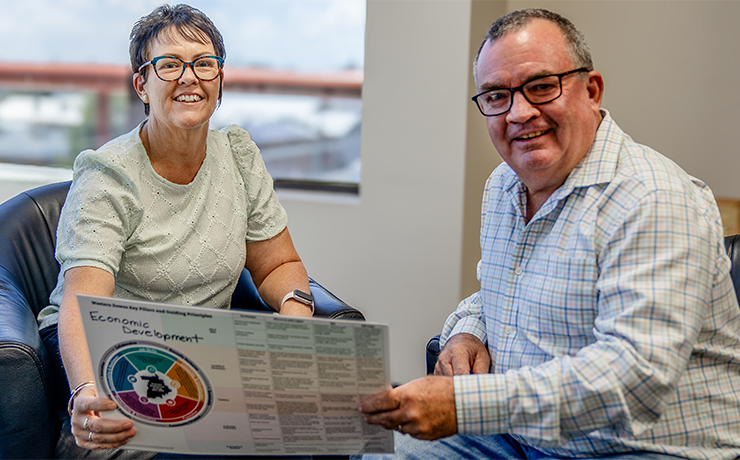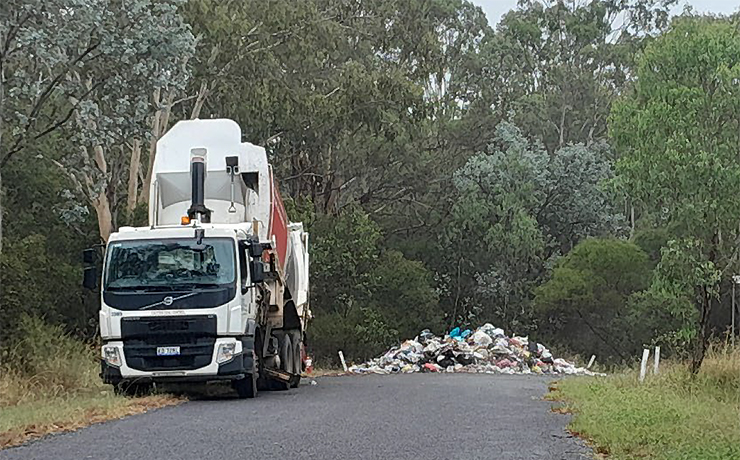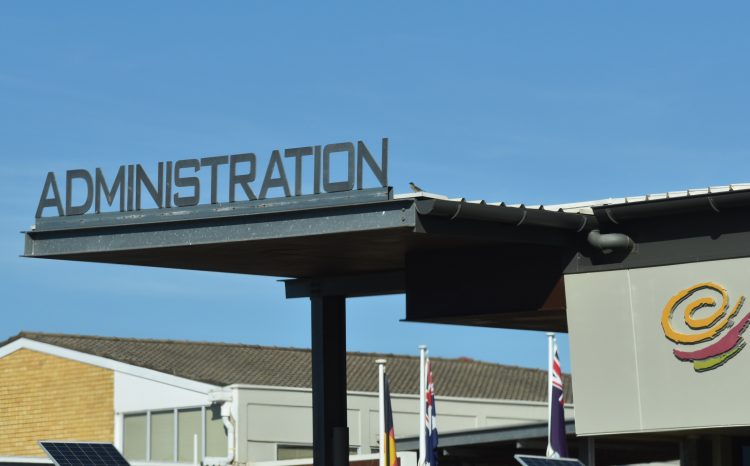
February 14, 2022
The National Rural Health Alliance – an umbrella body which represents 42 national health organisations – has urged whichever party wins the next Federal Election to stop funding “small, fragmented initiatives that merely plug gaps” in the rural health system.
“After years of well-intended, ad hoc support, it is evident that a holistic and strategic approach is necessary to address the fundamental systemic issues of workforce shortages, lack of access to services and the affordability of rural health care,” CEO Dr Gabrielle O’Kane said.
The group is pushing for a new regional health service model, Rural Area Community Controlled Health Organisations (RACCHOs), which would have a completely different funding structure.
The Alliance says at the moment there are not enough healthcare services to support the seven million people living in rural, regional and remote communities.
“With half the number of health providers per capita in rural Australia compared to major cities, rural people cannot access the health care they need, which contributes to them becoming ill, hospitalised and dying prematurely at a much greater rate,” Dr O’Kane said.
The lack of services means rural people use Medicare and the Pharmaceutical Benefits Scheme at a much lower rate, which results in a “spending shortfall” of $4 billion in rural health, annually.
RACCHOs would have four pillars: block funding through additional and ongoing government investment; team-based employment; place-based health care; and strong local governance.
They would provide primary care, in-reach services for residential aged care facilities, support for NDIS recipients, support for chronic disease management plans and DVA health care services.
The structure and governance of RACCHOs – which would complement the existing network of Aboriginal Community Controlled Health Organisations (ACCHOs) – would be flexible to accommodate local community circumstances.
RACCHOs would differ in each community, with strong community input and service planning and delivery based entirely on local needs.

























